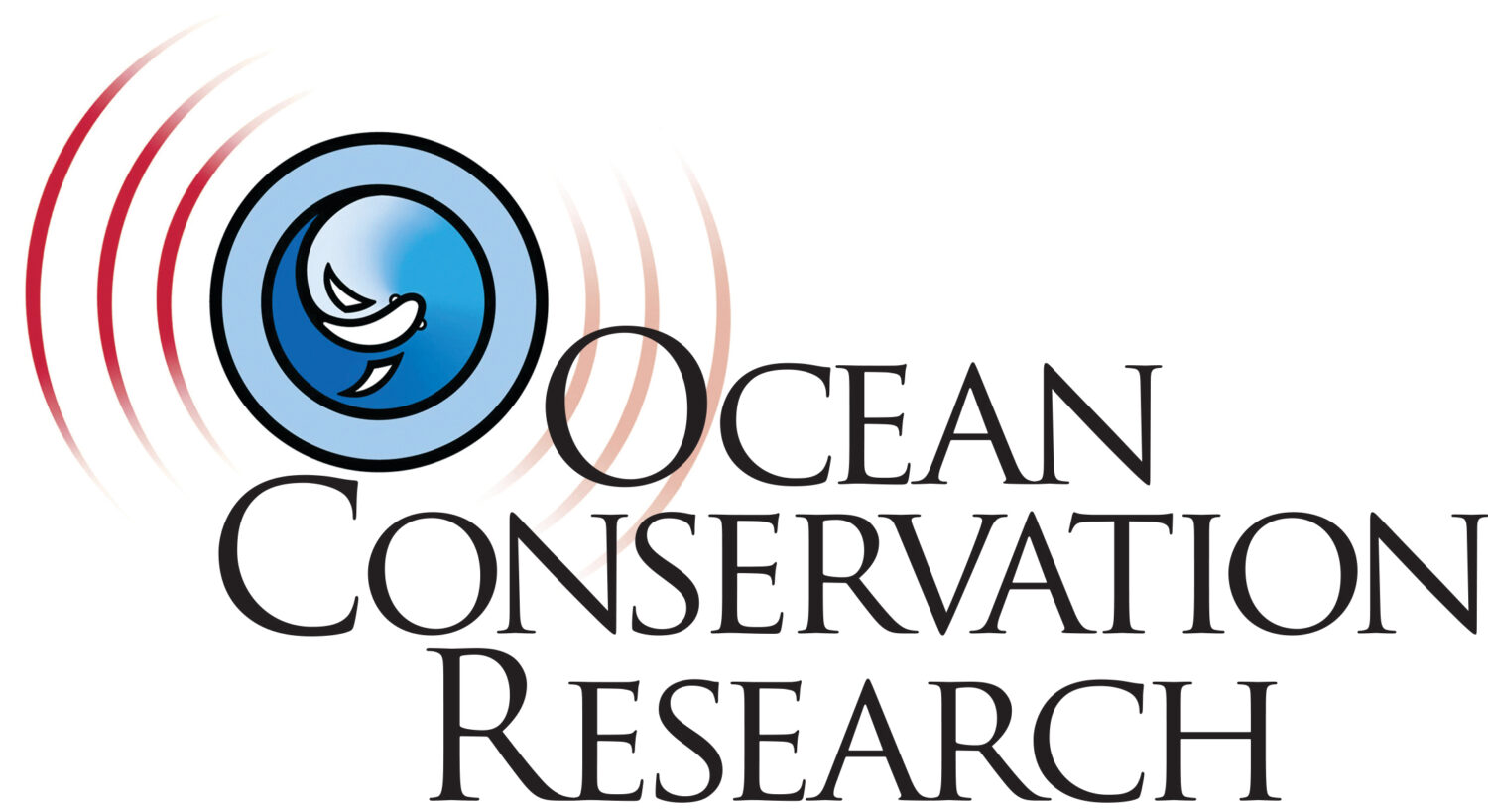National Academy of Science delivers a troubling report
“Acoustics” is a very broad inquiry – from music, hearing and speech/language perception, to bio-medical acoustics (imaging and surgery), architecture, instrumentation, standards, physical oceanography, and my field of animal bioacoustics (to name about half of the gathered specialties in the Society).
Society members include a lot of academics, but also include industry, commercial practitioners, and a small handful of folks like us from the conservation community.
These meetings have traditionally been a great place for folks from governmental agencies like NOAA, National Marine Fisheries Service, Environmental Protection Agency, the Marine Mammal Commission, and the Department of the Interior to see and hear about the products of their funding efforts – and get a bead on developing technologies for future funding efforts.
So one thing that was remarkable about this meeting was that nobody from the Federal Government showed up. Nobody… highlighting the dark subtext of where our nation is at this moment.
On Wednesday, Marcia Isakson (Applied Research Labs – UT Austin) presented the work of an independent commission of US ocean research scientists on “Forecasting the Ocean: The 2025-2035 Decade of Ocean Science,” a survey – funded by the National Academy of Science (NAS) and conducted over the last 18 months to inform the National Science Foundation (NSF) about the needs of ocean science in terms of research priorities and the required infrastructure to accomplish that research.
The infrastructure includes the research platform ships like ice breakers, drilling ships, seismic, and other survey and research vessels that will support the scientific priorities identified by the committee to bring American science into the future.
Many of our research ships are over 40 years old, and need to be retired and replaced. In 2024 the drilling ship R/V JOIDES Resolution was decommissioned, leaving a big hole in US marine geological research on plate tectonics and. Soon the seismic survey vessel R/V Marcus Langseth will also be decommissioned.
These are just but two of the research vessels that have allowed the US to lead the world in marine research.
hile not included in the presentation, according to the University-National Oceanographic Laboratory System (UNOLS), “We’ve lost half of our research vessels in the last 50 years – from 34 vessels to 17. In contrast, China currently has 64 research vessels.”
But the current administration has no plans on commissioning any new or replacement ocean research vessels. These vessels take years to build. So with this administration, it looks like the US has just forfeited our advance footing on marine science.
This was not lost on the attendees of the NAS presentation – mostly scientists and engineers, who both develop and use the data from the UNLOS, and Federally funded research programs. The “gallows humor” sense in the room was palpable.
Dr. Isakson delivered her report with an appropriate balance of courage and frustration, fitting to the audience and our current circumstances.

 R/V JOIDES Resolution
R/V JOIDES Resolution